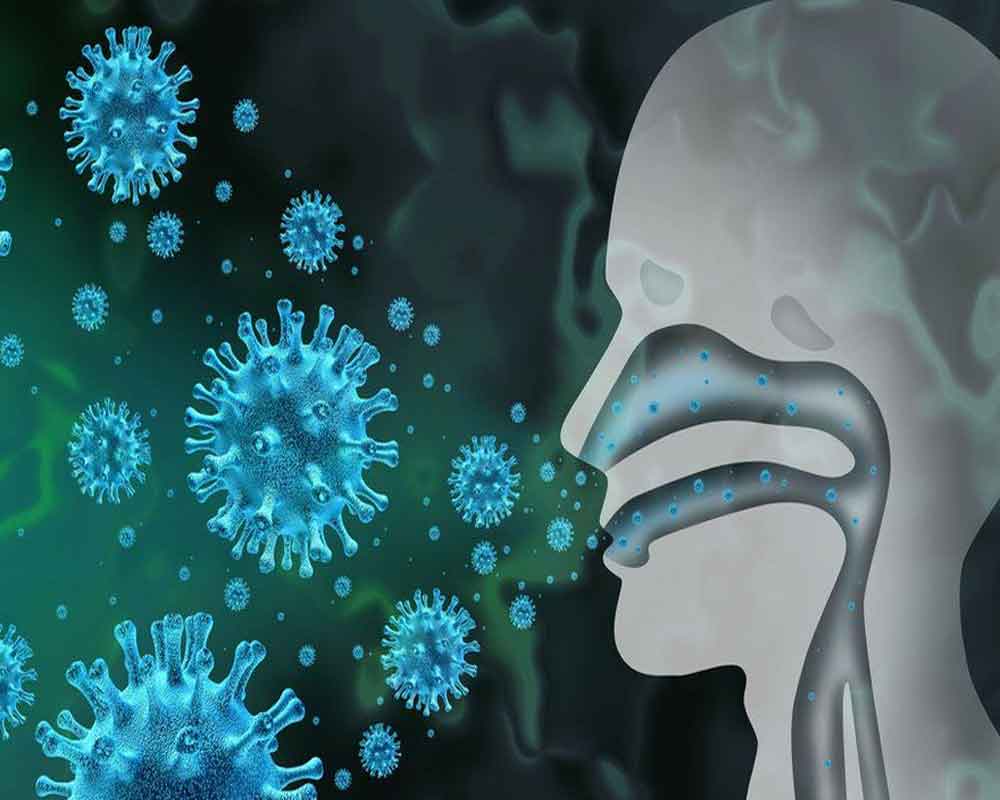SARS-CoV-2, the virus causing Covid-19, is not alone that is spread primarily by inhalation of virus-laden aerosols at both short and long ranges, but most respiratory viruses do so, finds a study.
The study, published in the journal Science, showed that SARS-CoV, MERS-CoV, influenza, measles, and the rhinoviruses that cause the common cold can all spread via aerosols that can build up in indoor air and linger for hours.
Traditionally, it was thought that respiratory pathogens spread between people through large droplets produced in coughs and through contact with contaminated surfaces (fomites).
However, several respiratory pathogens are known to spread through small respiratory aerosols, which can float and travel in air flows, infecting people who inhale them at short and long distances from the infected person.
Conventional wisdom on viral disease transmission thus needs revision, said an international team of the researchers from Taiwan, the US, and Israel.
Respiratory aerosols are formed by expiratory activities, such as breathing, talking, singing, shouting, coughing, and sneezing. Before Covid-19, the traditional size cut-off between aerosols which float like smoke and droplets which drop had been set at 5 microgram, however, 100 microgram is a more appropriate size distinction.
This updated size better represents the largest particles that can remain suspended in still air for more than 5 seconds (from a height of 1.5 metres), travel beyond one metre from the infected person, and be inhaled.
Another distinct behaviour of aerosols that should be taken into serious consideration is their capacity to be influenced by airflow and ventilation. Ensuring sufficient ventilation rates, filtration, and avoiding recirculation help reduce airborne transmission of infectious virus-laden aerosols.
On the other hand, the plexiglass barriers commonly used to block droplet spray from coughs and sneezes in indoor spaces may "impede proper ventilation and create higher exposures for some people," said researchers noting that even then, "masks are better because they help remove aerosols, while barriers just divert them."


























